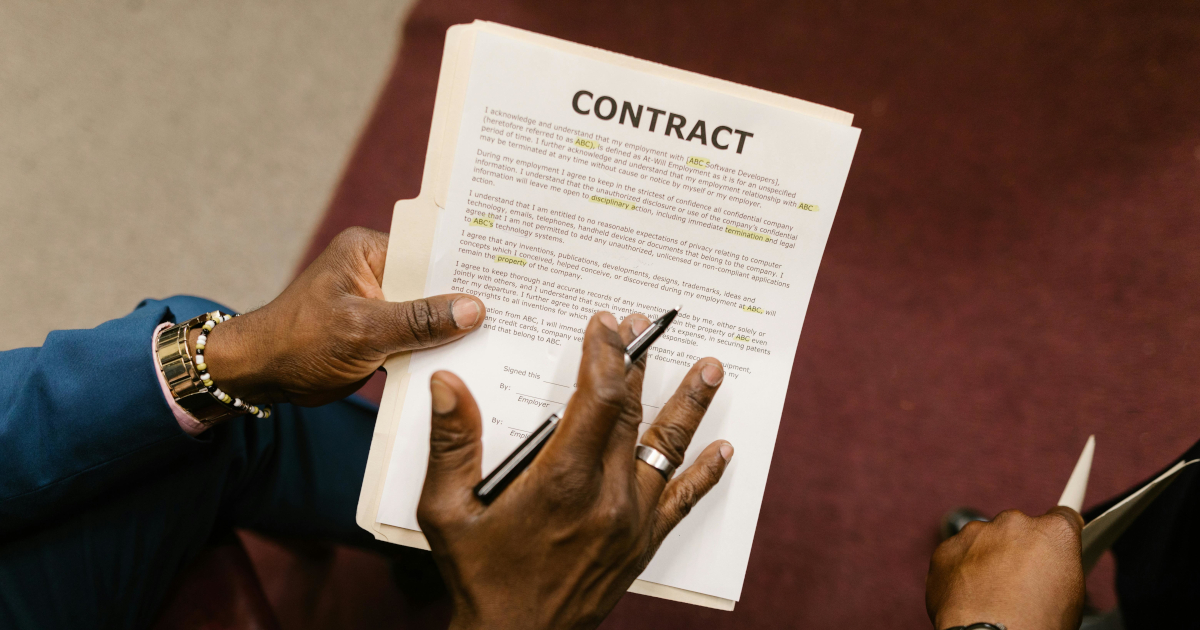Political Polarization Creates Volatile Employment Law Landscape for Businesses

Summary
Full Article
The American employment law landscape has become increasingly volatile due to political polarization, creating substantial challenges for businesses attempting to maintain compliance across shifting regulatory frameworks. With each presidential administration change, federal employment policies undergo radical transformations that force employers to continuously adapt their operations and compliance strategies.
Worker classification represents one of the most significant areas affected by political shifts. Republican administrations typically favor pro-employer frameworks that simplify independent contractor classification, while Democratic administrations reinstate worker-focused economic reality tests that scrutinize employment relationships. This constant fluctuation makes long-term business planning and operational compliance particularly challenging for organizations that rely on flexible workforce arrangements.
Wage and hour regulations experience similar instability, particularly regarding overtime rules and minimum salary thresholds for exempt employees. These frequent revisions and judicial challenges based on political orientation require employers to continuously monitor and adjust compensation structures to avoid costly litigation. Federal agencies like the Equal Employment Opportunity Commission and National Labor Relations Board also experience shifts in enforcement priorities, staffing levels, and regulatory authority depending on the incumbent administration's agenda.
The fragmentation between federal and state law creates additional compliance complexities. Political polarization has amplified legal fragmentation, with states taking aggressive action to either cement or counter federal policies. Blue states increasingly pass stronger worker protection laws, including higher minimum wages and mandatory paid family leave, while red states focus on preemption laws that prevent local ordinances and enact business-friendly trigger laws. For national employers, this divergence means single centralized compliance policies become nearly impossible, requiring costly, complex understanding of local nuances across state lines.
Extreme political polarization increasingly spills into workplace environments, forcing employers to navigate sensitive culture war issues that pose legal and operational risks. Employees bringing political views into office settings or social media often leads to conflicts, and since federal law doesn't protect political affiliation in the private sector, employers must carefully navigate discipline for political speech to avoid discrimination, harassment, or retaliation claims. Diversity, equity, and inclusion initiatives have become politically contentious, with employers facing pressure from different political factions regarding program scope and nature.
Heated political discussions can quickly escalate into hostile work environment allegations based on protected categories, forcing employers to mediate conflicts while maintaining political neutrality. The challenge involves balancing employees' rights to express political beliefs with employers' duties to maintain professional, productive, discrimination-free environments. The political climate has transformed employment law from a stable regulatory field into a volatile landscape defined by ideological battles, regulatory instability, and jurisdictional confusion. Legal experts emphasize that preparedness and proactive guidance from resources like https://www.hierophantlaw.com are essential for both employers and workers navigating these evolving challenges.

This story is based on an article that was registered on the blockchain. The original source content used for this article is located at 24-7 Press Release
Article Control ID: 263204